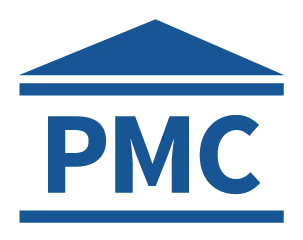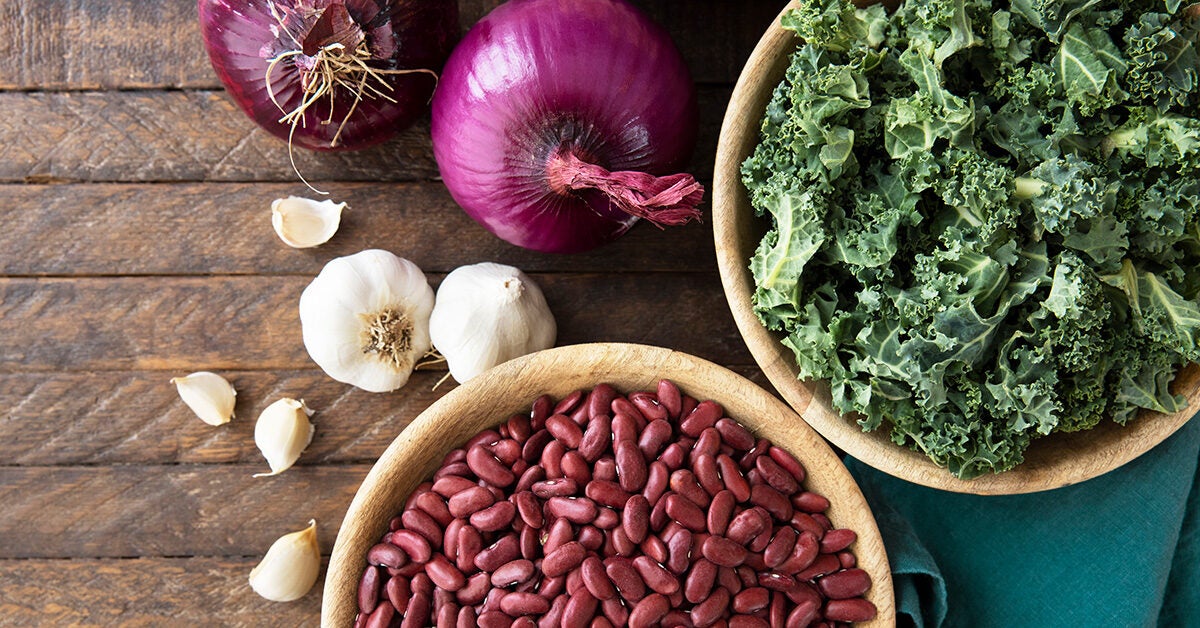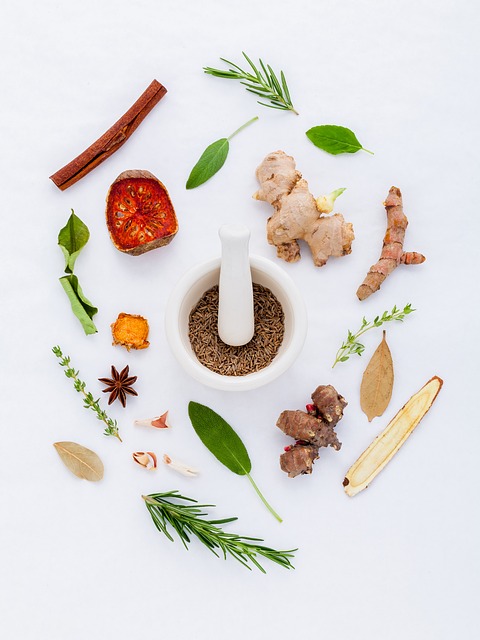Hello everyone,
unfortunately I am not as regularly active in the forum as I would like to be, but I seem to remember a case where a fruit based diet was quickly fobbed off. It is not difficult for me to eat a vegan diet, but the hoped-for positive physical aspect has so far failed to materialize. Looking for the right (of course vegan) diet for me, I came across the book "The 80/10/10 Diet" and I must say that some statements in it have surprised me very much.
Is there perhaps someone here who has already had contact with this diet? The basic idea is to reduce the amount of calories supplied by fats and proteins to 10% each (moreover, there is a kind of hierarchy, where cooked food is the worst implementation of the concept, which can be increased accordingly by a raw diet and further by a fruit diet).
I assume that most here can grasp, at least in theory, the benefits of the raw diet (especially because there is also a book by the renowned authors of "Becoming Vegan"). Otherwise, I would be very interested in the counter-arguments.
I have unfortunately not yet read the book in its entirety, but because one statement concerns me so much, I would like to get your opinion on it. This statement is that the complex carbohydrates in grains and legumes (apart from the claim that the protein content in them is also too high) are responsible for a whole range of diseases, including cancer. It reads: "We do not have the digestive enzymes to break down the oligosaccharides in beans, nor the polysaccharides (cellulose and other fibers) in grains and starchy vegetables, a sure sign that they are not designed for human consumption." Since it clearly goes against the recommended daily dozen, I would appreciate feedback on this!
I should perhaps have written this right at the beginning: I am in no way interested in starting a fight, but I am very concerned about this topic and I hope for objective contributions.
Thank you very much in advance!
unfortunately I am not as regularly active in the forum as I would like to be, but I seem to remember a case where a fruit based diet was quickly fobbed off. It is not difficult for me to eat a vegan diet, but the hoped-for positive physical aspect has so far failed to materialize. Looking for the right (of course vegan) diet for me, I came across the book "The 80/10/10 Diet" and I must say that some statements in it have surprised me very much.
Is there perhaps someone here who has already had contact with this diet? The basic idea is to reduce the amount of calories supplied by fats and proteins to 10% each (moreover, there is a kind of hierarchy, where cooked food is the worst implementation of the concept, which can be increased accordingly by a raw diet and further by a fruit diet).
I assume that most here can grasp, at least in theory, the benefits of the raw diet (especially because there is also a book by the renowned authors of "Becoming Vegan"). Otherwise, I would be very interested in the counter-arguments.
I have unfortunately not yet read the book in its entirety, but because one statement concerns me so much, I would like to get your opinion on it. This statement is that the complex carbohydrates in grains and legumes (apart from the claim that the protein content in them is also too high) are responsible for a whole range of diseases, including cancer. It reads: "We do not have the digestive enzymes to break down the oligosaccharides in beans, nor the polysaccharides (cellulose and other fibers) in grains and starchy vegetables, a sure sign that they are not designed for human consumption." Since it clearly goes against the recommended daily dozen, I would appreciate feedback on this!
I should perhaps have written this right at the beginning: I am in no way interested in starting a fight, but I am very concerned about this topic and I hope for objective contributions.
Thank you very much in advance!






